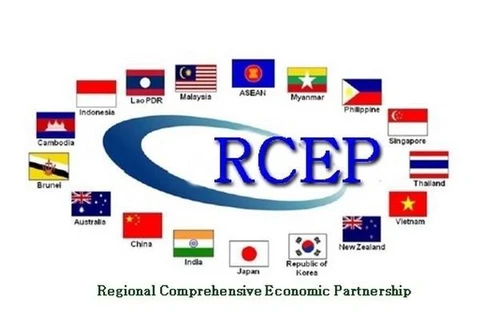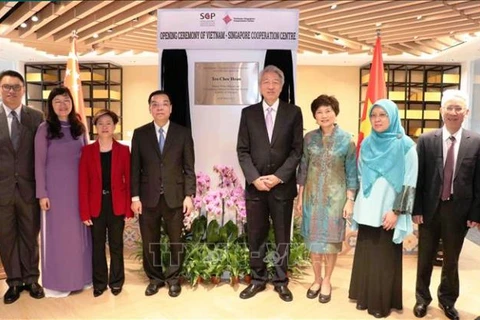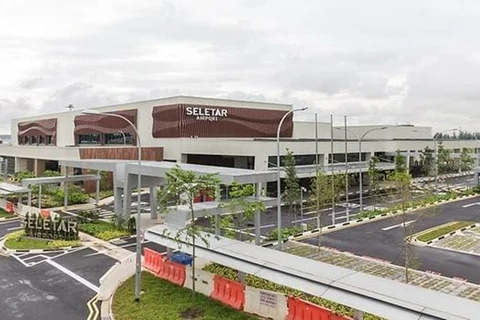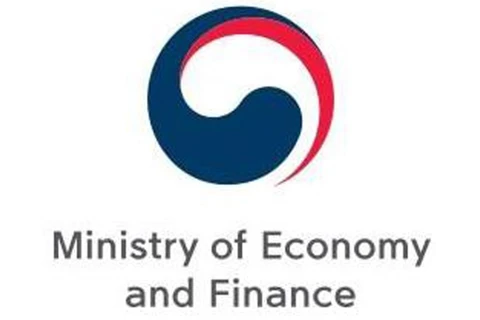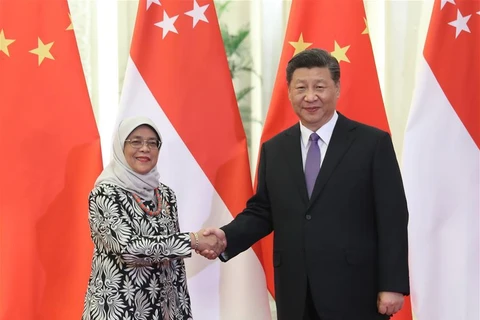Singapore (VNA) – Singapore, New Zealand and Chile launched trilateral talks on the Digital Economy Partnership Agreement (DEPA) on May 18, on the sidelines of the APEC Ministers Responsible for Trade Meeting in Chile.
The negotiation on the DEPA, initiated by Singapore, is expected to be completed in one year.
This agreement will be the first on digital economic cooperation in the world. It will cover e-invoicing, e-payments, and digital identities. It will set high standards and provide a benchmark for international trade rules that benefit businesses and support digitalisation and internationalisation efforts by small- and medium-sized enterprises.
In their statements, trade officials of the countries noted that all the three are small-scaled economies dependent on the external environment. Therefore, they share the target of promoting trade in the digital era so that businesses and consumers can grasp opportunities and tap into the unlimited potential of the digital economy.-VNA
VNA

